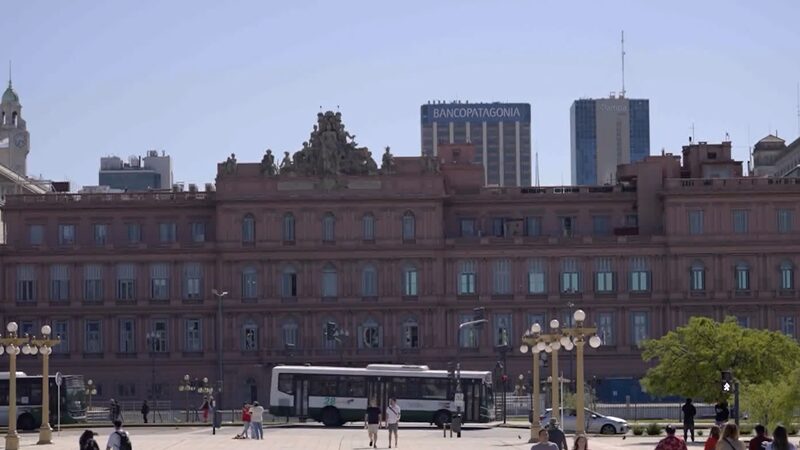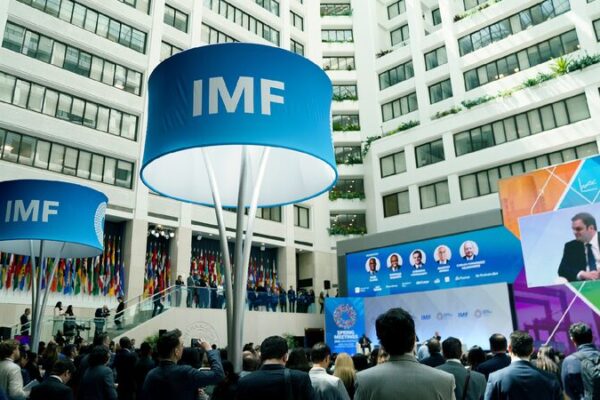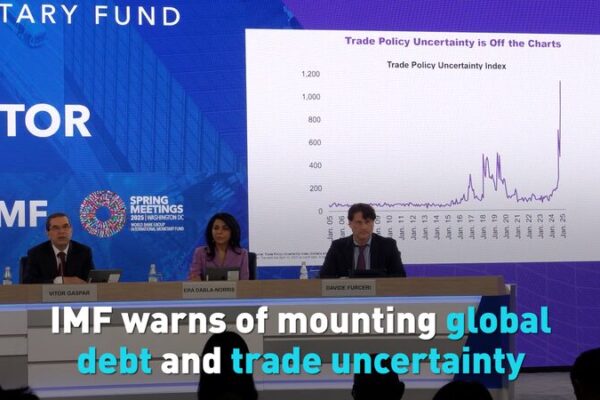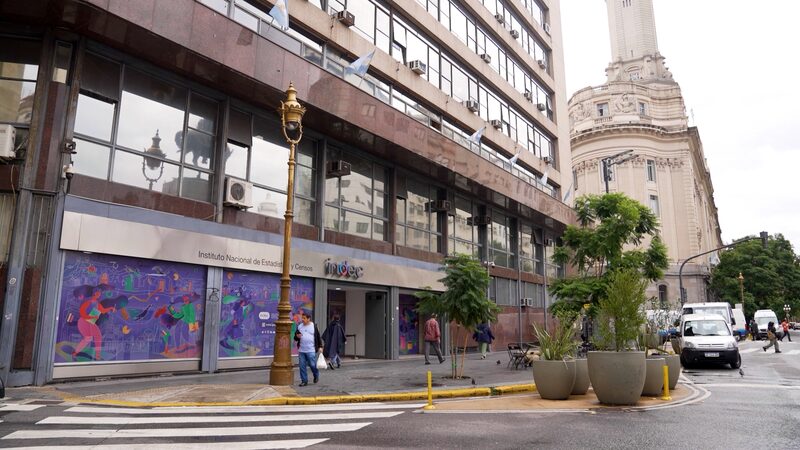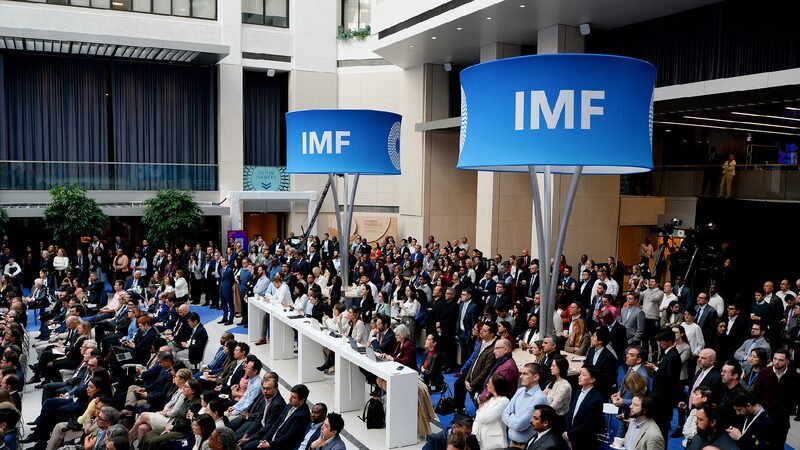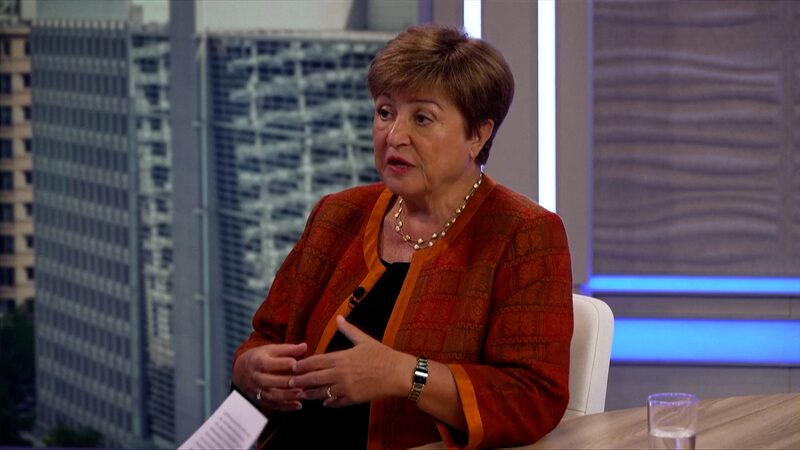Trade unions across Argentina staged a 24-hour nationwide general strike on Thursday, April 10, marking the third major protest President Javier Milei has faced since taking office in December. The strike comes amid mounting frustration over economic policies as the country finalizes a new $20 billion loan from the International Monetary Fund (IMF).
Thousands of workers participated in the strike, affecting public transportation, schools, hospitals, and other essential services. Union leaders are demanding immediate action to address soaring inflation, unemployment, and wages that have failed to keep pace with the rising cost of living.
“We are here to demand dignified salaries and better working conditions,” said Maria Fernández, a teacher participating in the protest. “The government’s policies are hurting the most vulnerable sectors of our society.”
Since assuming office, President Milei has implemented austerity measures aimed at stabilizing Argentina’s economy. Critics argue that these measures disproportionately impact the working class and have led to increased social unrest.
The government’s negotiations with the IMF have also been a focal point of the protests. Many Argentinians fear that taking on new debt will lead to further austerity and economic hardship.
In response to the strike, President Milei’s administration expressed a willingness to engage in dialogue with union representatives. “We understand the concerns of the people and are committed to finding solutions that promote growth and social justice,” said a government spokesperson.
The ongoing tension highlights the challenges facing Argentina as it grapples with economic instability and public dissatisfaction. The outcome of these protests may significantly influence the country’s political landscape in the coming months.
Reference(s):
cgtn.com


